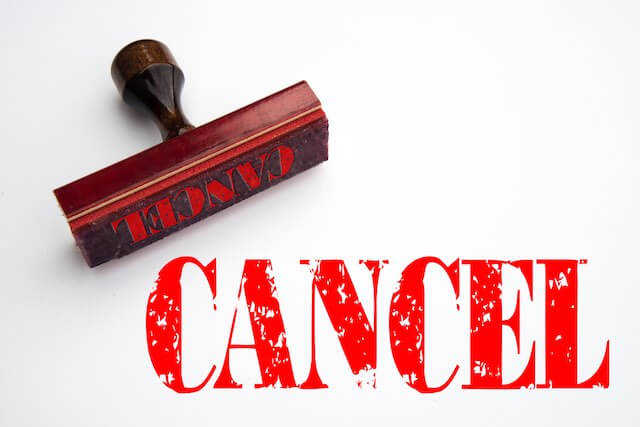In Hornseth v Navy (CAFC No 2018-1188, 2/27/19), a supervisor at the Puget Sound Naval Shipyard and Intermediate Maintenance Facility held a position that required a security clearance. In fact, according to the court’s opinion, every position at the Shipyard required a clearance.
When the agency found out about Mr. Hornseth’s use of marijuana, the commander of the Shipyard suspended his clearance. The day that suspension took effect, Hornseth received a notice of proposed indefinite suspension from his position.
Mr. Hornseth appealed, and among other things argued that his due process was violated when the deciding official had ex parte communications with the shipyard’s HR office in the course of making his final decision to suspend Hornseth. As explained in the court’s decision, these communications involved back and forth on the scope of the deciding official’s authority, such as whether he had authority to offer Hornseth a different position (he did but there was not one available that did not require a clearance), advice as to what considerations the deciding official had to weigh in making his final decision, and preparation by an HR specialist of a draft decision letter for the official’s consideration. (opinion p. 3).
The appeals agency (MSPB) administrative judge concluded that such communications between the deciding official and his HR office did not deprive Hornseth of due process. The deciding official testified that he only considered the proposed suspension letter, Hornseth’s reply, and some references cited in the proposal. His contacts with HR were to clarify various arguments, materials in the record and procedural issues. None resulted in additional substantive information that went into his final decision. Even thought HR had drafted the decision letter, it was based on his actual decision and he signed it on his own. (p. 4)
The appeals court now agrees that such back and forth communications with HR staff does not reach the level of communication that causes prejudice and denies the individual due process. It found no error in the administrative judge’s reasoning.
As to the revocation of the security clearance, the court states, “It is well-settled that a government employee has no ‘right’ to a security clearance….[R]eview of adverse actions stemming from security clearance determinations is limited…” (p. 6) Review is limited to answering whether a clearance was a requirement for the job, was it denied, and were applicable procedures followed in denying it. Section 7513 spells out the required procedures. The AJ concluded the required procedures were followed and the court sustains that conclusion. (p. 7)
As Mr Hornseth has now learned that it is very difficult to challenge an adverse action based on denial of a required security clearance.
Hornseth v. Navy 2018-1188 by FedSmith Inc. on Scribd



